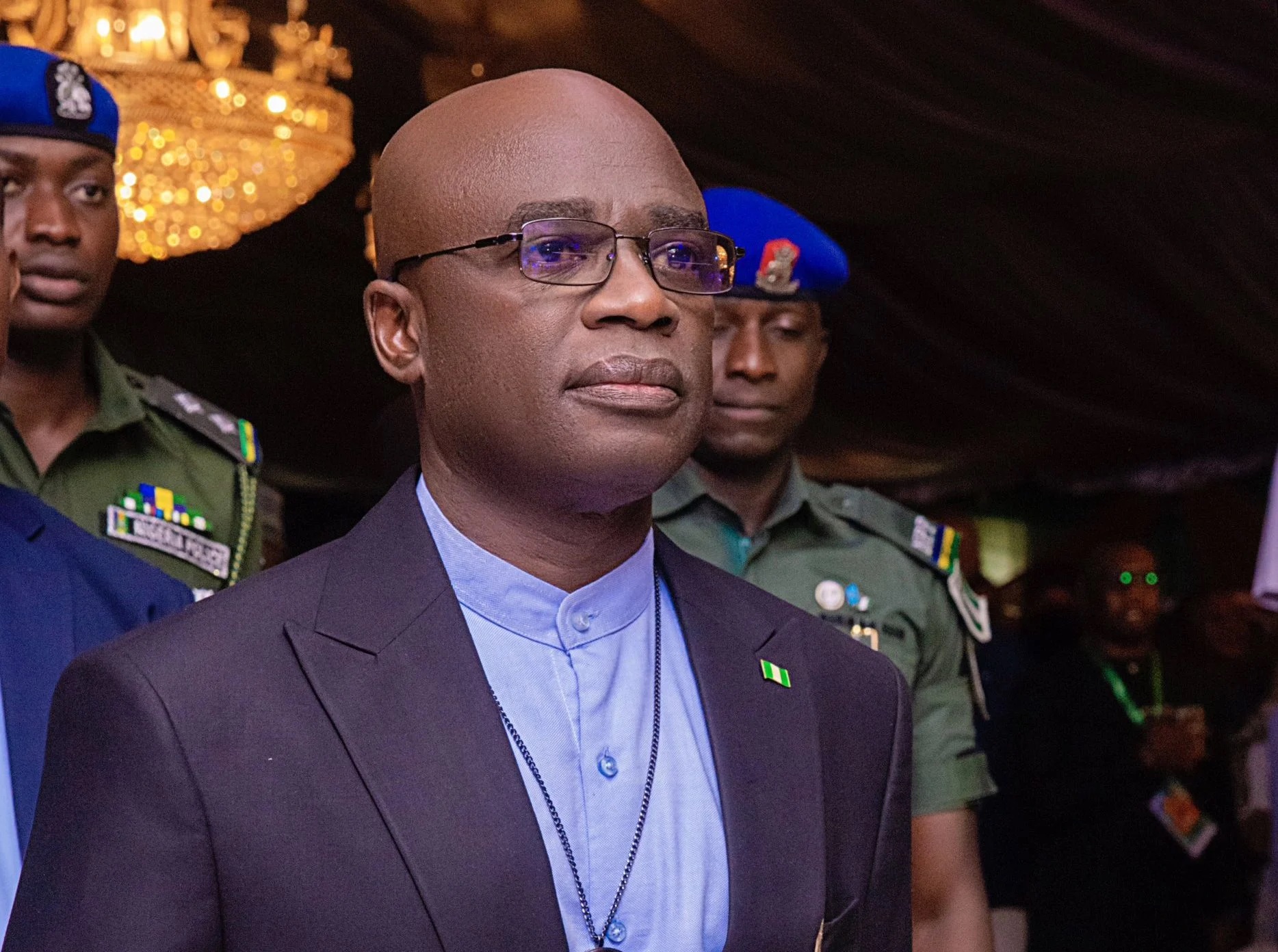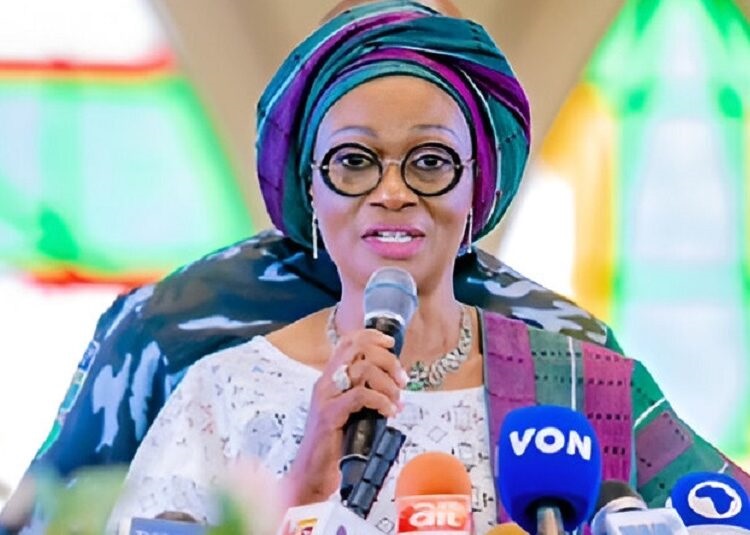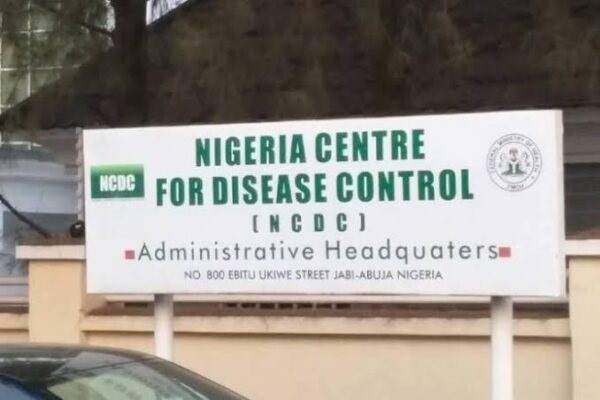Medical services at the University of Calabar Teaching Hospital (UCTH) have been paralysed as resident doctors under the Nigerian Association of Resident Doctors (NARD) embarked on an indefinite strike, citing poor pay, inadequate facilities, and poor working conditions.
The action, which began at the weekend, has left patients in distress, with many lamenting the lack of medical attention. Only a handful of consultants and nurses were seen attending to emergencies as doctors’ offices and clinics remained locked.
NARD’s UCTH branch chairman, Dr. Odoko Emmanuel, confirmed the strike, explaining that it was a last resort after repeated appeals for improved welfare were ignored.
“Our demands are not unreasonable. We are fighting for better remuneration, improved infrastructure, and a working environment that guarantees safety and efficiency for both doctors and patients,” he said.
Dr. Emmanuel noted that the hospital’s deteriorating medical equipment and lack of basic supplies had severely hindered effective patient care. He said the association had constituted a monitoring team to ensure full compliance with the industrial action.
Patients and their relatives expressed worry about the situation.
“If the strike continues, I’ll be forced to seek treatment in a private hospital,” said Mr. Stanley Edem, a patient.
“We’ve been here for days, and no doctor has attended to our child. It’s heartbreaking,” added Mrs. Abigail Odama, a mother of a sick child.
The doctors’ key demands include:
Improved remuneration and welfare
Regular payment of salaries and allowances
Provision of modern medical equipment and better infrastructure
Efforts to speak with UCTH Chief Medical Director, Prof. Ikpeme Ikpeme, were unsuccessful, as his phone line was unreachable. The hospital’s Corporate Affairs Unit also did not respond to multiple calls, with Mrs. Roseline Ikpeme replying via text message: “Can I call you back later?”
The strike has once again drawn attention to the worsening state of Nigeria’s public healthcare system, with doctors and other health professionals repeatedly raising concerns about poor funding, lack of equipment, and the exodus of medical personnel to other countries.





